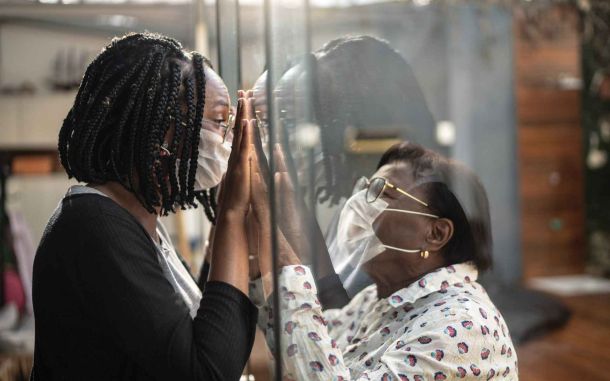Editorial (Issue 140): Caring for Others

Life is short, and we often wonder what the best way to spend it is. Some advocate for hedonism and indulgence with the goal of making the most out of their short stay, while others believe this time can be better spent by looking out for one’s neighbors. The true motivations of such altruistic people are often questioned; are they to secure their own happiness and peace of mind, or perhaps something greater? Regardless of what they may be for each person, we ascribe to the belief that caring for others is better than neglecting them.
The eras of ignoring women are finally coming to an end as strong female leaders across the globe rally together to be heard and taken seriously. The Hizmet Movement is a global civic-societal movement that aims to improve the general well-being of people through education and dialogue, and it has actively worked to establish women in key positions and give them the resources that they need to continually be successful. From leading discussion groups to running schools, their impacts are felt by many. These women devote their lives towards serving others by wearing the hats of counselor, spiritual guide, neighbor, mentor, teacher, and many more.
Science and religion are often believed to be perpetually at odds with one another. Some argue that science is grounded in the immediate physical realities of this life, and that religion only cares about abstract, metaphysical concepts. Religious doctors and researchers, and pastors with PhDs, would beg to differ with this notion. Important discussions continue on regarding how exactly the two fields relate and differ, but one thing is for certain; both disciplines contain motivated and compassionate leaders that use their understandings of life to guide both themselves and others.
The psychology behind body language is a fascinating field that delves into just how much we say without speaking. Our posture, tone, stance, hand placements, amount of eye contact, and energy level are all key indicators that people can gauge in conversations to deduce what we are thinking and feeling. It is important to understand body language in many real-world scenarios, for instance emerging research notes that doctors who display poor body language can shy away patients or cause them to feel distrust towards them and their medical institutions.









